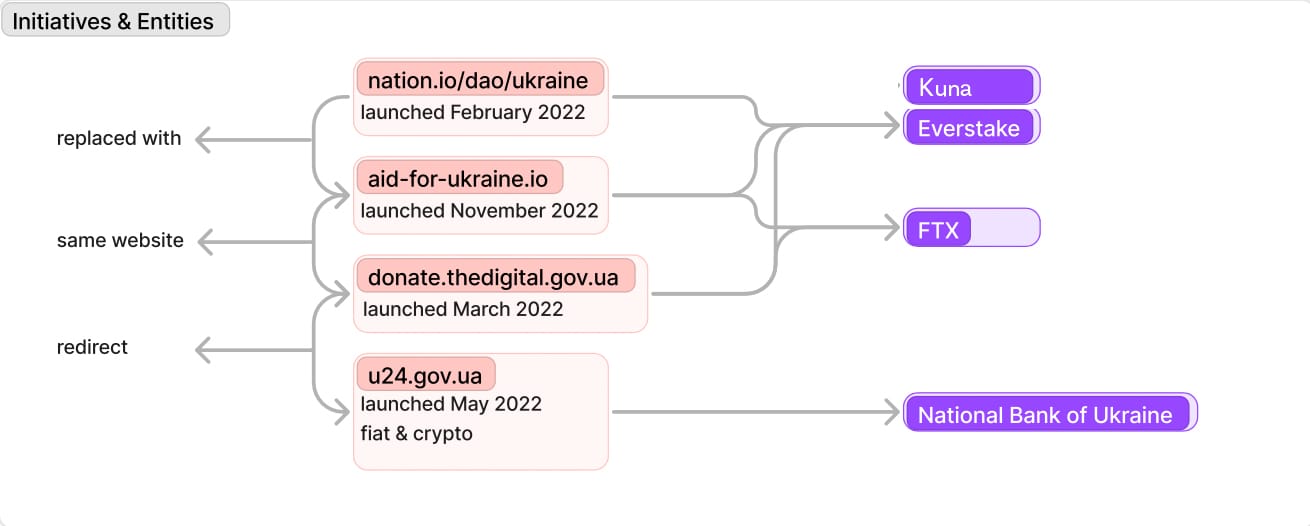Mixer-Ban Rep Received Money From FTX Associates, Has No Concerns Over Aid For Ukraine

When a Representative proposes legislation using words like "integrity", it's usually a good time to look at his own moral compass.
On Tuesday, Representative Casten of Illinois introduced the Blockchain Integrity Act, proposing a two year mixer ban – meaning any technology designed to obfuscate the origin of cryptocurrency funds – in conjunction with extensive studies carried out by the US Treasury department to evaluate national security risks originating from anonymizing technologies.
In 2023, Casten sponsored Elizabeth Warren's 2023 appeal to president Biden to address "crypto-financed terrorism" inspired by a WSJ story claiming Hamas financed the October 7th attack via cryptocurrencies, which turned out to be fake news. The same year, Casten voiced plans to introduce companion legislation addressing Warren's Digital Asset Anti-Money Laundering Act.
But, as Casten paints himself a champion in protecting the US from crypto crime, he seems to have been awfully quiet on the largest criminal scandal experienced in Bitcoin, namely FTX and its subsequent alleged campaign financing violations. Turn's out, "Blockchain Integrity" Casten seems to have sat on the receiving end of FTX.
Between 2019 and 2021, Representative Casten employed Gabriel Bankman-Fried, Sam Bankman-Fried's brother, as a congressional aide. Around the same time, Gabriel Bankman-Fried founded and ran the nonprofit Guarding Against Pandemics, of which Sam Bankman-Fried was the principal funder. In its first year of operations, the PAC raised $22 Million, allegedly financed via misappropriated customer funds.
Between 2018 and 2021, around the time Casten served on the president's working group Digital Assets and the Future of Finance as part of the House Committee on Financial Services, the congressman received close to $10.000 from FTX associates, including Caroline Ellison and Gabriel Bankman-Fried.
Notably, Casten's Blockchain Integrity Act calls on the US Treasury to evaluate "legitimate uses" of anonymizing technologies, explicitly naming donations to the Government of Ukraine - a FTX partner initiative that had come under heavy scrutiny by house republicans for the possible round-tripping of Ukraine military aid towards democratic representatives through the FTX exchange.
"The whole operation stinks to high heavens," congressman Nehls told FOX Business. "We sincerely hope [...] that none of the missing funds were used as a passthrough to avoid campaign finance laws or end up in Democrat pockets," the lawmakers wrote in a letter addressed to Secretary of State Antony Blinken.
The US Government alleged that Sam Bankman-Fried's Alameda Research siphoned over $100 Million via straw donors and corporate funds toward 300 political candidates. While the charges on campaign financing violations against Sam Bankman-Fried were dropped last July, alleged evidence of customer fund appropriation to fund political causes continues to turn up.
Framing the Ukrainian government's crypto fundraiser as legitimate seems indeed a stretch, as the initiative seemed riddled with intransparency. Over the course of 2022, several entities conveniently titled Aid for Ukraine propped up in a web of inconvenient redirects – a practice also known as 'mirroring'.

Each entity herein reported vastly different amounts of funds raised. On March 9th, 2022, Ukrainian deputy minister at the Ministry of Digital Transformation reported close to $100 Million in crypto donations. On March 11th, the blockchain surveillance firm Elliptic released a report finding merely $63.8M in crypto donations.
By March 15th, the FTX partner initiative Aid for Ukraine incorporated a live donation ticker claiming $48.8M in donations, quickly rising to $71.6M by April 30th. On April 1st, the live donation ticker was replaced with a static statement claiming to have raised more than $70M, which was adjusted down to over $60M on April 6th.
In the beginning of May, the initiative United24 was launched claiming to have raised $25M, to which the FTX partner initiative began redirecting around the time of FTX's collapse in November. Today, United24 claims to have raised more than $640M.
The reporting of vastly different totals of funds raised through spokespeople involved in Aid for Ukraine efforts seems to thread its way throughout Ukraine's crypto fundraising campaign.
In May 2022, the crypto news outlet Coinstelegram interviewed Kuna CEO Michael Chobanian, Aid for Ukraine co-organizer Brittany Kaiser, and Vice President of EU Parliament Eva A. Kaili, reporting over $136M in funds raised – the same Brittany Kaiser who previously served as head of business development at Cambridge Analytica's SCL Group known for its involvement in election manipulation, and the same Eva A. Kaili accused of fraud for the misappropriation of public funds. A few weeks later, Kaiser told the Washington Post that Aid for Ukraine had raised "maybe a couple hundred million".
After FTX's collapse, organizers and media outlets were quick to dismiss mounting concerns. The official Aid for Ukraine Twitter account announced that out of $60M collected, $54M had been disbursed. A week later, Everstake CEO Sergey Vasylchuk told Mashable that "the total amount was a little more than $1.5M," accompanied by bank records detailing deposits made by North Dimension Inc., a FTX subsidary, to the National Bank of Ukraine.
Former Director of the National Bank of Ukraine Kyrylo Shevchenko is currently facing an arrest warrant for the embezzlement of over $5.5M in funds in an unrelated case. AP News has called concerns over FTX's partnership with Aid for Ukraine fake news.
While it sure is admirable for Representative Casten to spend his time attempting to protect US Citizens from crypto crime, it seems the Representative may do better sweeping in front of his own house first.





